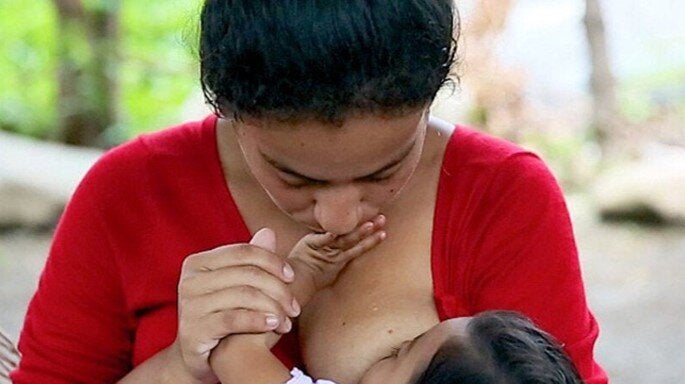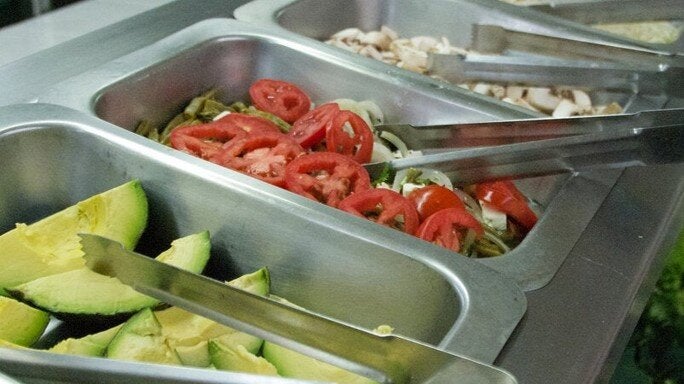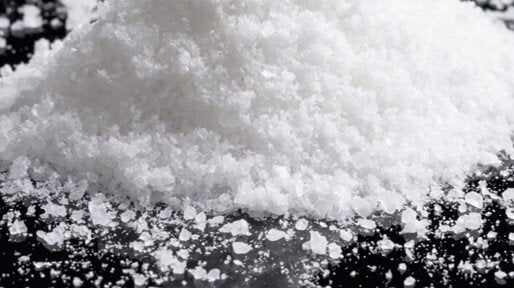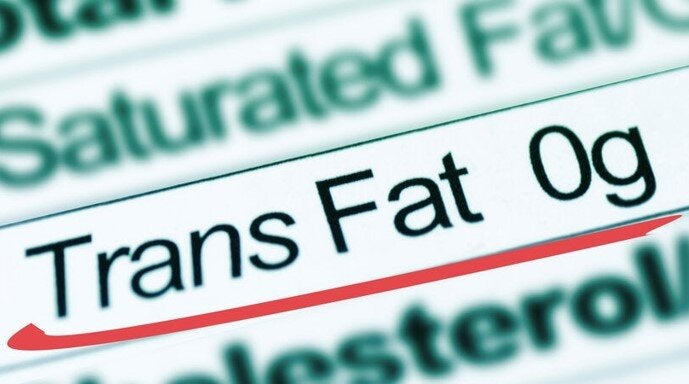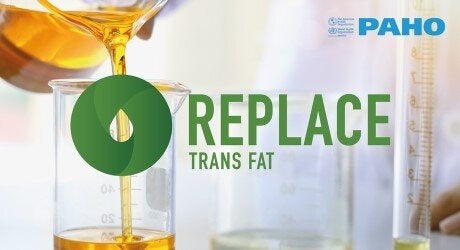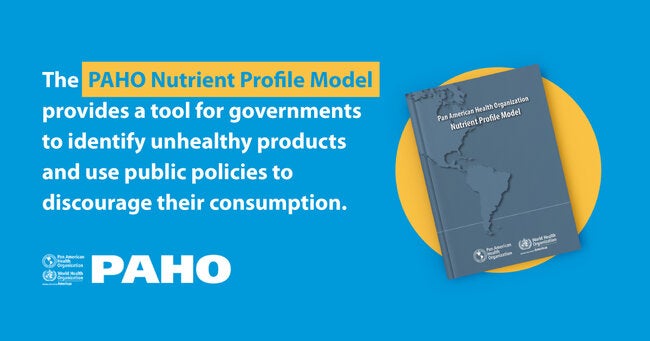Healthy nutrition is critical in the prevention of diet-related risk factors, such as overweight and obesity, and associated noncommunicable diseases (NCDs).
Consumption of foods and beverages high in critical nutrients (salt/sodium, sugar, saturated fats and trans fats) has been associated with an increased risk of diet-related risk factors and associated NCDs, as well as all wasting, stunting and deficiency diseases.
Evidence has also demonstrated the importance of the proper practice of breastfeeding and complementary feeding and sustainable healthy food systems.
Through policies, legislation and strategies on healthy nutrition, malnutrition in all its forms can be prevented.
PAHO provides leadership and technical cooperation to Member States on healthy nutrition, such as breastfeeding and complementary feeding, front-of-package labelling, obesity prevention, salt reduction and elimination of trans-fatty acid.
PAHO promotes, generates and disseminates information on these key topics, evidence-based policies and interventions, and monitors trends.


